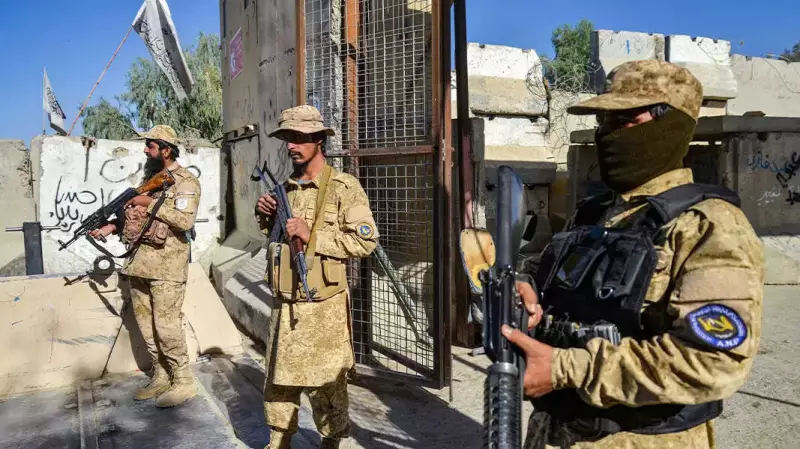
For decades, Pakistan's foreign policy cornerstone rested on a single strategic doctrine: maintaining 'strategic depth' in Afghanistan. This policy, designed to secure Pakistan's western flank and counter Indian influence, has now collapsed spectacularly, leaving Islamabad increasingly isolated in the region.
The Grand Strategy That Backfired
The concept of strategic depth envisioned Afghanistan as a client state—a friendly territory where Pakistan could retreat militarily if needed and prevent Indian encirclement. This doctrine drove Pakistan's deep involvement in Afghan affairs, particularly through support for the Taliban during the 1990s and beyond.
"Pakistan treated Afghanistan as its backyard, but the backyard gate has been locked from the inside," notes a regional security analyst.
The Taliban Takeover: Victory Turns Sour
When the Taliban returned to power in August 2021, many in Islamabad celebrated what appeared to be the ultimate validation of their strategy. However, the victory proved hollow. The Taliban government has:
- Refused to recognize the Durand Line as the official border
- Provided sanctuary to anti-Pakistan militants, particularly the TTP
- Strengthened ties with China and Russia, bypassing Pakistan
- Maintained working relationships with India
Regional Isolation Deepens
Pakistan now finds itself in an unprecedented position of regional weakness. While India has strengthened ties with key players like the UAE, Saudi Arabia, and increasingly with Afghanistan itself, Pakistan's traditional allies have grown distant.
The strategic depth doctrine has not just failed—it has reversed, with Pakistan now facing security threats from both eastern and western borders simultaneously.
Economic Consequences Mount
The policy failure comes at a devastating economic cost. Pakistan faces:
- Soaring security expenditures to combat cross-border militancy
- Diminished foreign investment due to regional instability
- Loss of transit trade opportunities through Afghanistan
- Strained relations with potential economic partners
A New Geopolitical Reality
The collapse of strategic depth marks a fundamental shift in South Asian geopolitics. Pakistan must now recalibrate its foreign policy entirely, moving from a security-dominated approach to one prioritizing economic connectivity and regional cooperation.
As one former diplomat noted, "Pakistan invested in bullets when it should have been building bridges. The bill for that miscalculation has now come due."





